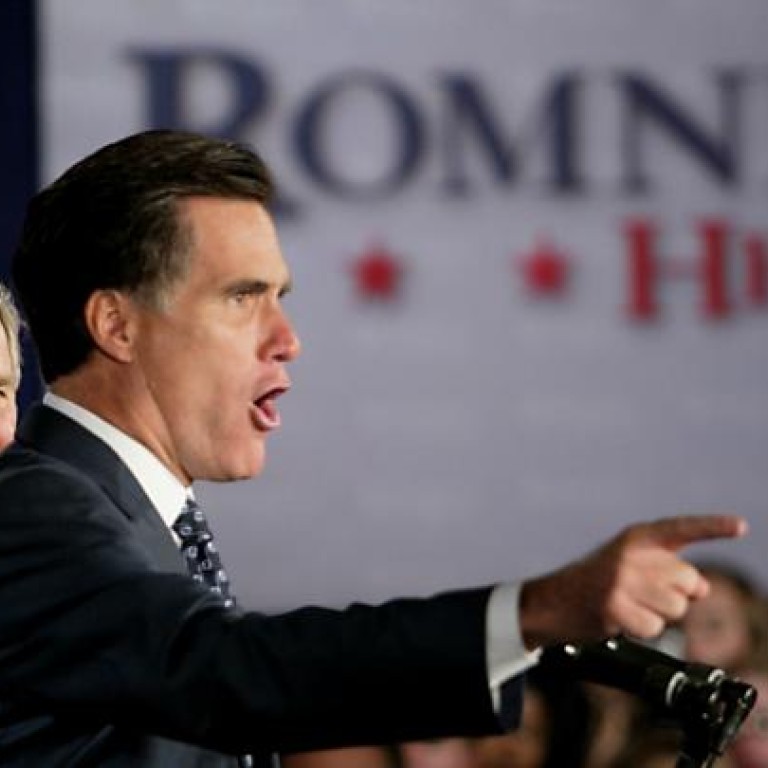
Betting on the Republican horse
On US presidential election night in 2004, the US embassy in Beijing invited the press and Chinese guests to watch the results on a giant screen in the Great Wall Sheraton on the morning of November 3 Beijing time. The embassy staff placed two boxes at the entrance marked “George W Bush” and “John Kerry”, and the Chinese guests, if they liked, could drop a “ballot” in either of the boxes. The Bush box got more votes by a wide margin.
I asked a Chinese guest how he had voted and why. He smiled wryly, saying that he voted for Bush out of deference for a sitting president, and, moreover, Bush was a Republican.
The Chinese tend to favour Republicans in American politics. When I was growing up in Taiwan, Republicans stood for anti-communism and support for a free China. Democrats were said to be soft on communism.
Democrat president Franklin D Roosevelt was remembered as having snubbed China at the Yalta Conference, where he used recognition of Mongolian independence from China as a bargaining chip to encourage the Soviets to declare war against Japan.
My fellow students in the National Taiwan University sometimes grumbled that the road in from the university named after Roosevelt was a disgrace.
In a televised debate, Senator John F Kennedy, a Democrat presidential candidate, dismissed Quemoy-Matsu as two little pieces of unimportant real estate, while the Republican Richard Nixon rebutted that these offshore islands were in the “area of freedom”, and should not be surrendered to the communists as a matter of “principle”.
It was the same Nixon 12 years later who ushered in normalisation of relations between the United States and the PRC and de-recognised Taipei as the sole legitimate government of China.
This infatuation with the Republicans was then adopted by the mainland. Republicans are regarded as good friends of Beijing. Mao Zedong thought the brouhaha over Watergate was a terrible mistake and Nixon a victim.
Even a recluse Buddhist monk in the mountains inquired about the ex-president’s wellbeing, as a young American martial arts aficionado Mark Salzman wrote in his book Iron and Silk (1986). The abiding loyalty to the successive Republican presidential candidate continues.
With Mitt Romney running against Barack Obama, the mainland Chinese have a soft spot for Romney, despite his vowing to brand China as currency manipulator on his first day in office, if elected president.
Pragmatically, the Chinese have deduced that US presidents move away from their tough campaign stance once in office, and Romney will be no exception. They believe that the American business community, which is dominated by Republicans, wants to take advantage of the profitable trade and investment opportunities that China offers.
In contrast, the Democrats tend to focus on human rights and labour issues. The Obama administration’s high-profile Asia policy is seen as an attempt to contain China; thus, a change in the White House is viewed positively.
This simplistic logic is amazingly widespread. In fact, the American business community has become increasingly dissatisfied with many Chinese practices and their visceral feeling is something to behold.
At a press conference in Beijing, Special Envoy John Bolton, who now advises Romney on foreign policy, hissed “stealing” and “theft” when the issue of intellectual property rights infringement was brought up. The distain and vehemence with which he uttered those words was unnerving.
If the harsh words and draconian recommendations in a recent report by the House Intelligence Committee on two Chinese telecoms firms are any indication, the Chinese should brace themselves for a tough time ahead whoever wins the race.
